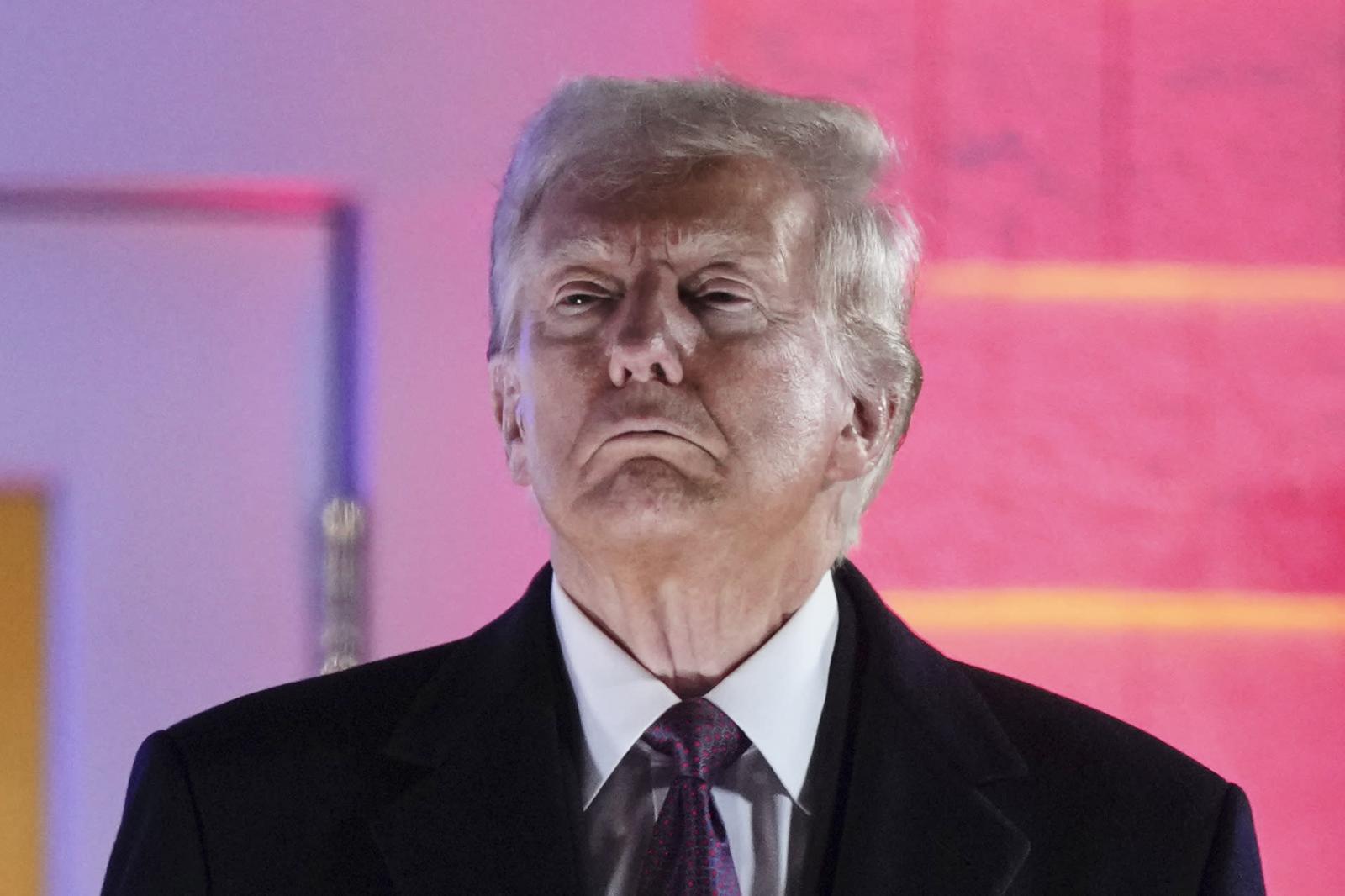Scientists interviewed by the media are not necessarily independent. During 2009 swine flu pandemic, the responsibility for publicly inflating the risk fell less on authorities than on experts whose link with pharmaceutical industry were often undisclosed; it is thus necessary for all academics to declare any potential conflict of interests and for journalists to explore further and report such cases, since undisclosed conflict of interests degrades public confidence in medical research, to the detriment of the whole scientific community.
These are the striking conclusions of a group of researchers from different UK scientific institutions, who published on the Journal of Epidemiology and Community Health the results of a research they carried out on UK newspaper print coverage of the H1N1 swine flu pandemic in 2009.
They scrutinized 425 articles from different sources – Daily, Sunday, tabloid, middle market, and EET publications on both sides of the political spectrum – to assess the extent of competing interests among sources quoted on the topic in the period between April and July 2009, when major decisions about public health response to the emerging threat have been made.
They found out that risk assessments made by academics with some competing interests – such as grants, honoraria, speakers’ fees, consultancies, advisory roles, employment, and directorship/stock ownership – were almost six times as likely to be higher than those from official agencies, compared with risk assessments made by academics without any industry links. Also, only three articles out of the 425 mentioned that the quoted academic had a potential competing interest.
They concluded that academics with links to the pharmaceutical industry were more likely to talk up the risks of the swine flu pandemic in the media and promote the use of drugs than those without these ties.



